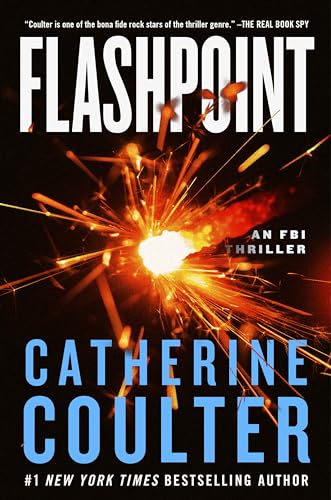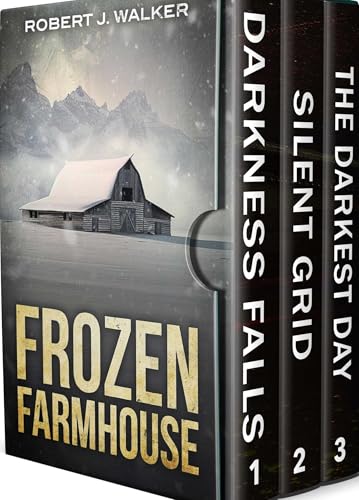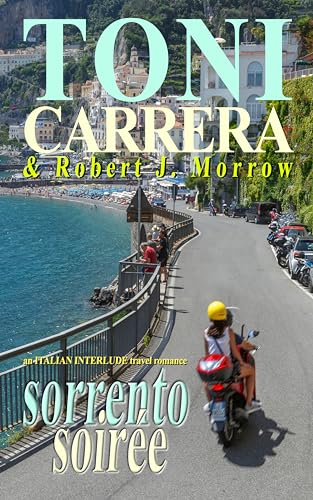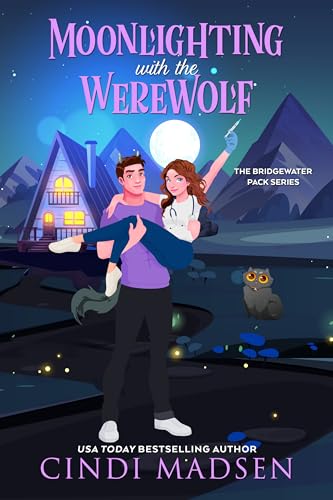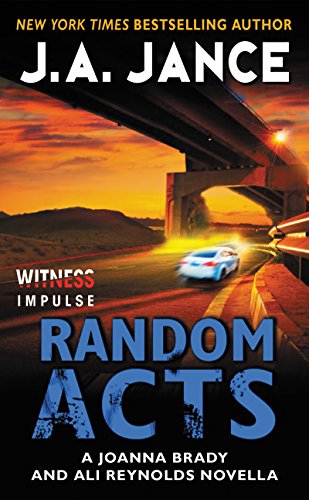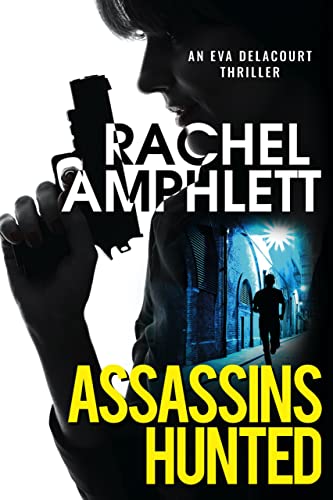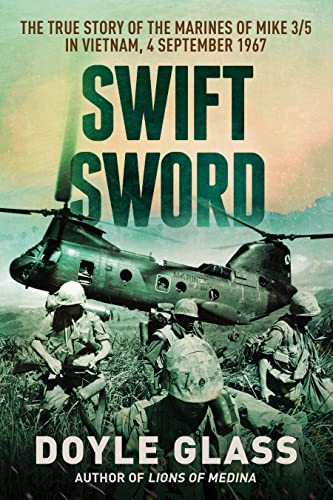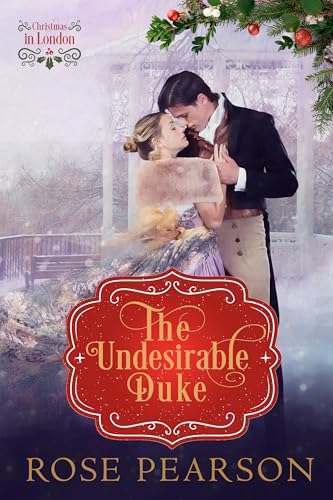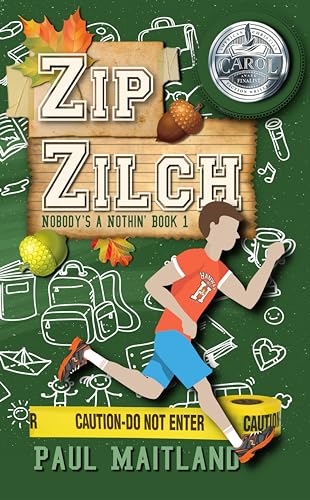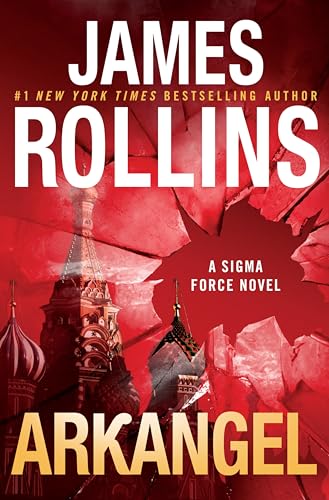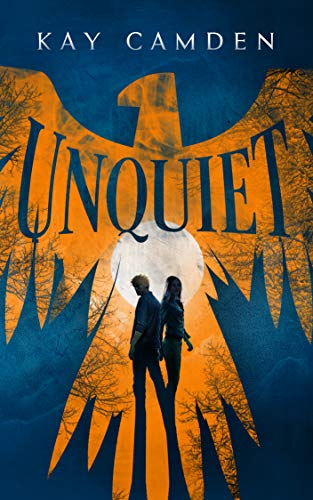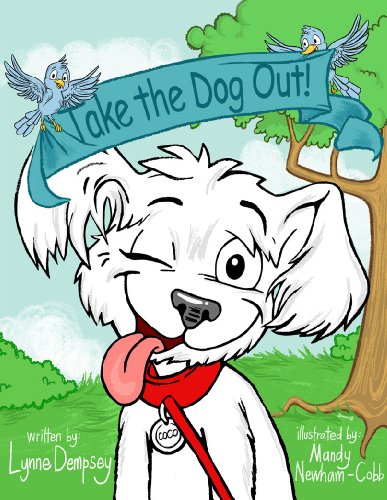-
Here’s a Brand New Agency Model for Publishers to Chew On: Amazon Announces Kindle Exclusives of 20 Contemporary Classics from Updike, Roth, Ellison, Mailer, Bellow, Erdrich, Cheever, Borges, and More
-
The A-List: New “Agency Model” Deal Will Empower Authors, Agents, and Amazon; Traditional Publishers? Not So Much
-
Are You Appalled? New Wylie Backlist Titles Getting Thumbs Up from Readers, Thumbs Down from Traditional Publishers
- Konrath’s is entitled Konrath on Wylie
- Shatzkin’s considerably longer inquiry is called It isn’t wise to draw lines in the sand that ultimately can’t be defended
Wylie is an agent. His job is to sell his clients’ work. If he is also the publisher of his clients, there is a HUGE conflict of interest there, as well as some ethical considerations.
But once you get beyond that problem, Shatzkin provides the brilliant if obvious solution to the whole mess.
There’s a very simple, clear policy they could declare that would make this whole issue go away. Maybe there are one or two already acting this way, but it would be nice if even one publisher would just say this:
“Our policy for all new titles we sign up in the context of all our other standard terms is that we pay 25% royalty on ebooks. But for those books on our backlist which a) have earned out their advance and b) have ambiguity in their original contracts making it unclear what the royalty rate for an ebook should be, we will negotiate a higher royalty in recognition that a contractual element is being negotiated after the value of the copyright has been demonstrated in the marketplace and the risk profile has changed.”
Life is very complicated here. Every deal is different. There are costs and risks for authors and publishers trying to set up these separate ebook deals while a print backlist remains with a legacy publisher. The publisher might sue (although that opens up, for them, the danger that they’d lose, and the consequences of that could be dire.) At the very least, the author annoys the guys with the big checkbooks who are still the custodians of their print sales.
Although it is certainly possible that some authors or estates would want a publisher as talented as Jane Friedman remarketing their backlist, I still believe that if Open Road and others are offering 50%, publishers would find many authors receptive to avoiding the conflict if the publishers were offering 40%. But even if they had to pay 50% to some authors, the publishers would be doing themselves a favor by stating the position articulated above.

